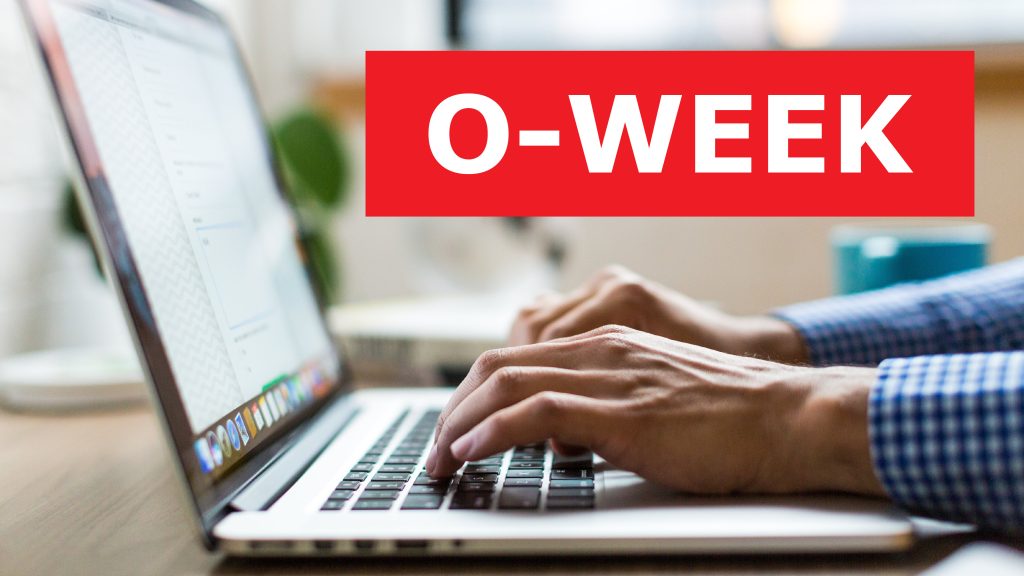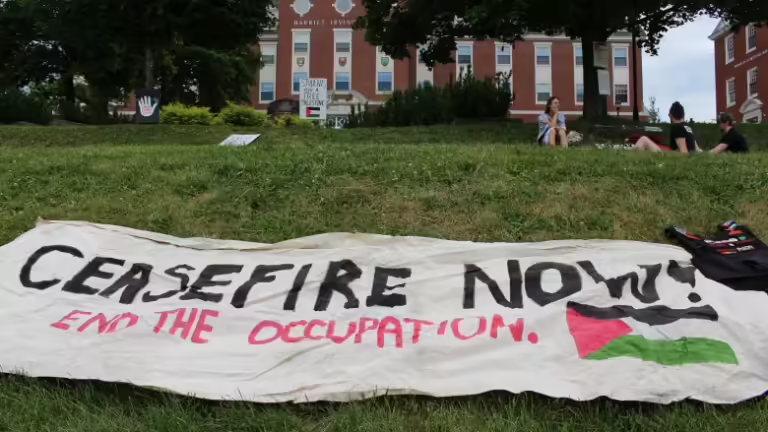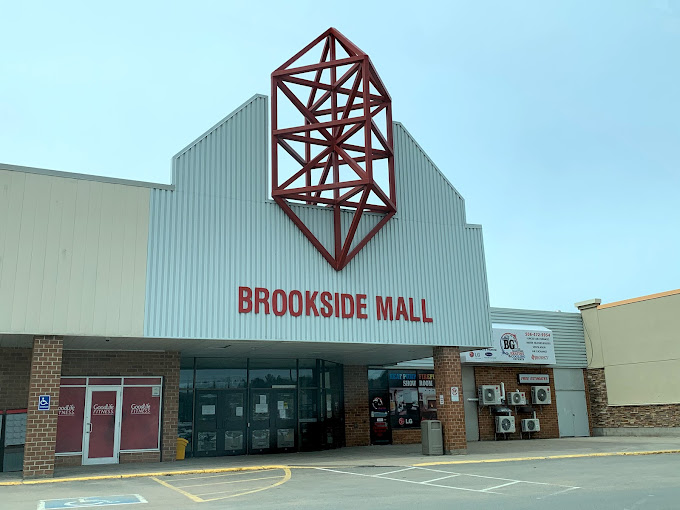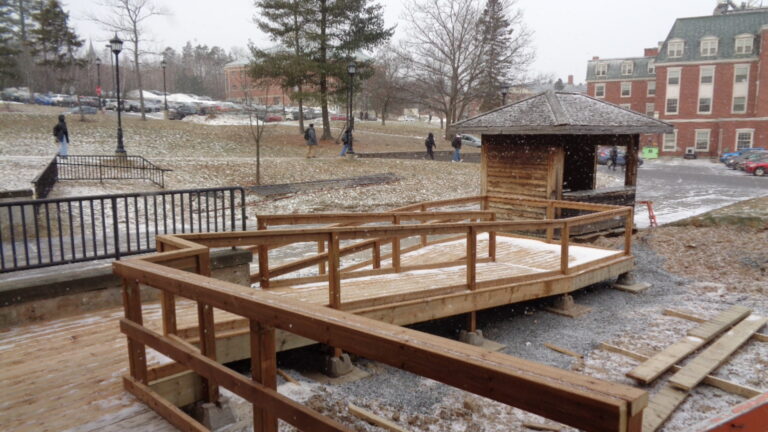The 2020 school year has started off in many ways completely unrecognizable from the years before it. Campus is deserted, students are attending classes from their bedrooms all over the world, and the events and traditions we’ve become accustomed to have been put on hold.
For incoming students, this presents an entirely new collection of obstacles in overcoming distance, isolation, and stress when making the transition into university.
Niko Coady, this year’s Orientation Chair, described the challenges in bringing together approximately 800 first-years in an unprecedented online orientation.
“I would say the main thing for us was just like, we wanted to make sure that we created a community and that we had a space where incoming students could still feel like they were a part of the community and make friends,” said Coady.
Events for the seven-day orientation, dubbed Rise Freddy Beach, were held on Microsoft teams, and consisted of icebreakers, UNB and Shinerama trivia, a coffee house, bingo, yoga, and a comedy night with local comedian James Mullinger.
Coady said that the first event, Welcome to Rise Freddy Beach, received the best feedback and participation, with 150 incoming students taking part in breakout sessions and icebreakers. Other events received an attendance of approximately 100 students.
“Compared to other years, like, we definitely had lower numbers,” said Coady. “But the people who were there were extremely engaged. All the students felt very comfortable, which was really lucky.”
During the course of the orientation, Coady was left with the impression that the incoming students had just as much desire for community that her team did, and made use of the technology available to create it in their own ways.
“So we’re trying to keep up that online community feeling. They’ve also done it on their own. Like they have a bunch of different group types for like, their programs for their classes. Like they have just like, run with it,” she said.
With programming entirely online, the transition to university has become a more individualized experience than in previous years.
Kristyn Serniuk, a first-year computer science student who is currently attending UNB from Mississauga, Ontario, found the online orientation “fun and informative” despite the distance.
“I thought [orientation was] really good considering it was online,” she said. “The bingo and trivia were really fun. We got a sense of the school community even though we are all far away. I also met a lot of first-years as well!”
Despite being appreciative of the programming and communication during her transition to university, Serniuk stated that the orientation fee, which was unchanged from past years, was excessive considering the events offered to her.
“I do think considering it was online that it wasn’t worth the fee, but I completely understand as it still took a lot of work and everyone had to adapt,” said Serniuk. “Everyone has to adapt to these new circumstances and that comes with challenges, but there’s been a lot of support and people willing to help make the transition easier, which has been great.”
Allison Wilson decided to stay home in Hampton, New Brunswick to start off her Bachelor’s of Business Administration.
“I made the decision to stay home because in the midst of the pandemic and everything going on, I figured it would be the safest place at the moment,” said Wilson.
Despite not having the traditional O-week experience, Wilson felt that her transition to UNB was a smooth one, aided by the orientation programming offered by the UNBSU.
“I really like those events and felt like they were really well executed despite the virtual barrier!” said Wilson, but expressed that she did not feel the programming was worth the orientation fee students paid.
Hesitations surrounding the orientation fee were echoed by Morgan Garnett, who moved to Fredericton this summer to attend UNB’s Renaissance College with the goal of achieving “a bit of the university experience” despite campus closures.
Garnett, like the others, also expressed understanding at the complexities of holding an orientation this year, and felt the sense of community she desired was well established during her first week at school.
“It is a tough time for everyone, it certainly wasn’t how I pictured my first year orientation, but they tried to incorporate new ways of doing things,” said Garnett. “They did everything they really could to make orientation special. The orientation kits the UNBSU sent out were so nice!”
Controversy surrounding the fees and tuition paid by students for virtual learning has been circulating since the largely online semester was announced, and the $80 orientation fee paid by incoming students is no exception to that.
“Every domestic student that’s coming directly from high school automatically pays the orientation fee. Transfer students and international students do not so they have to opt-in, and we had less opt-ins than previous years,” said Coady.
Coady said that the funding from the student fee was “reallocated” to cover the new costs associated with an online orientation, including a premium Kahoot subscription for trivia and international shipping for the orientation kits.
“We bought more merchandise specifically for the incoming students. Normally, the Student Union orientation kits are smaller, because they get something from residence. So we bought more, because obviously they won’t get anything from residences this year,” she said. “And then shipping and mailing everything out.”
She also made reference to “money that is leftover” that could contribute to events in the winter semester should campus reopen.
Coady felt that the Rise Freddy Beach orientation was a resounding success, albeit a different type of success than in previous years.
“It definitely feels different,” she said. “We all felt extremely rewarded. I would say I felt more rewarded, because we had to come up with a whole new plan. And we had to kind of start fresh without help or experience. And we were on a pretty tight timeline. And it seems like the students really enjoyed it and had fun and were engaged. I would call that a success.”




